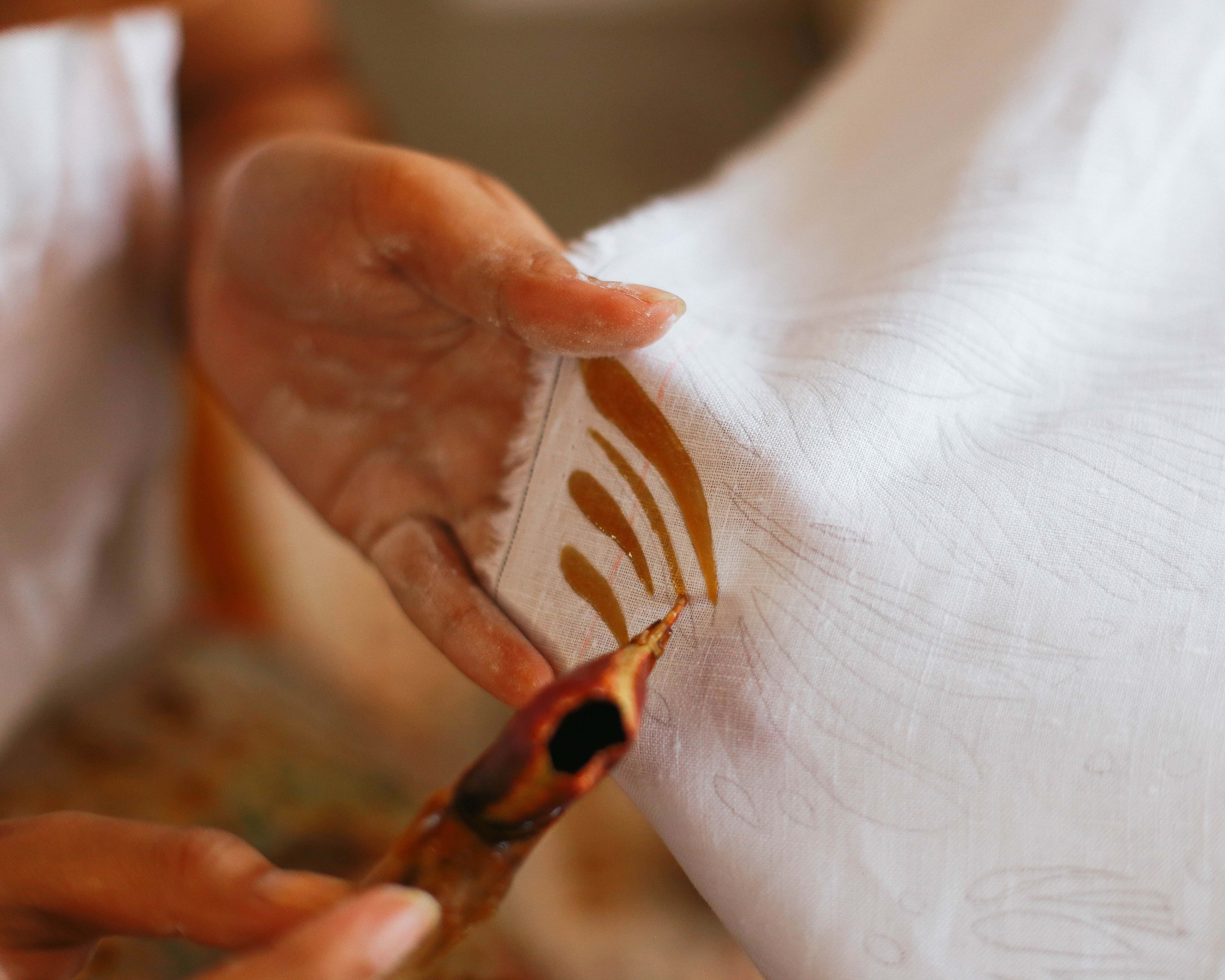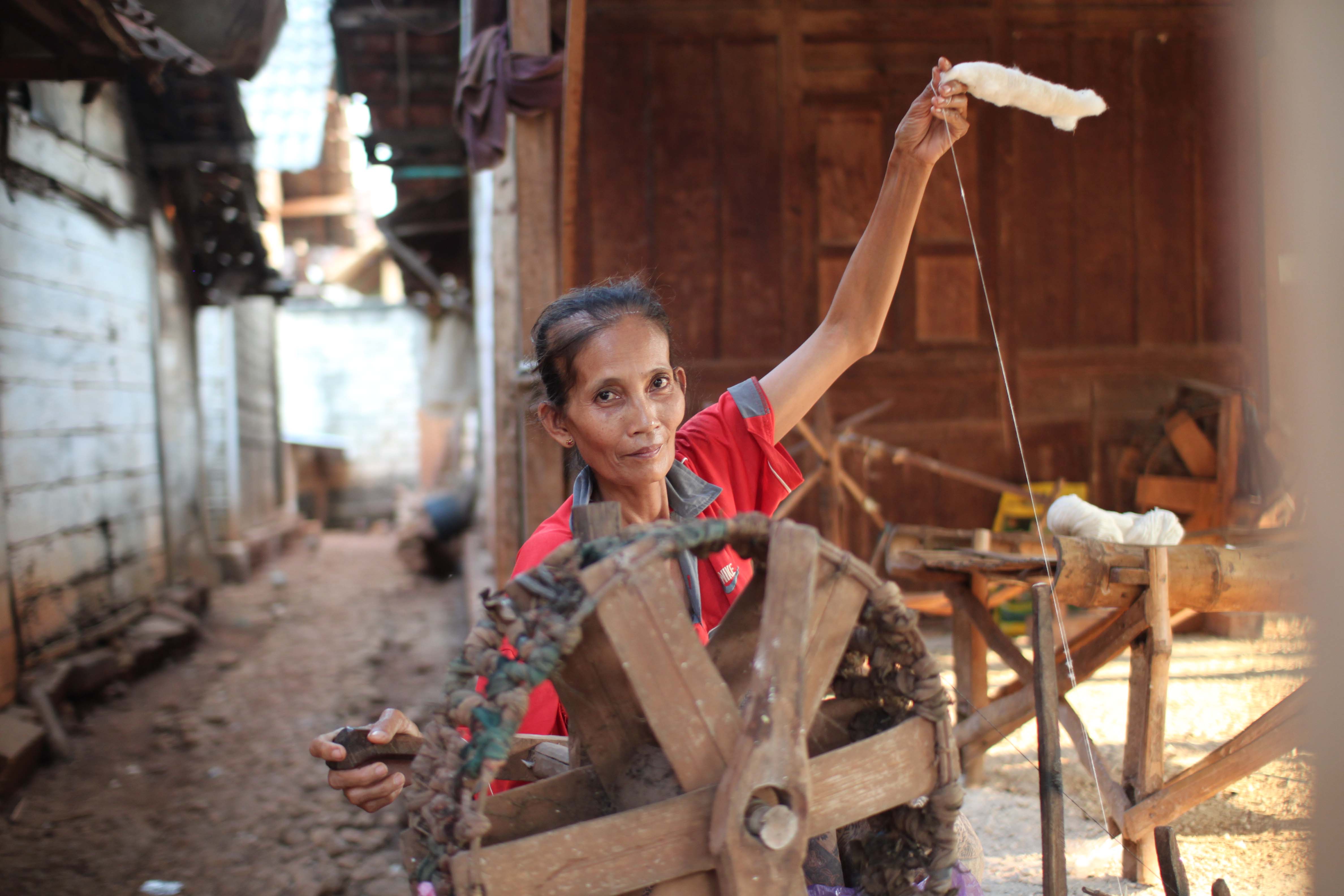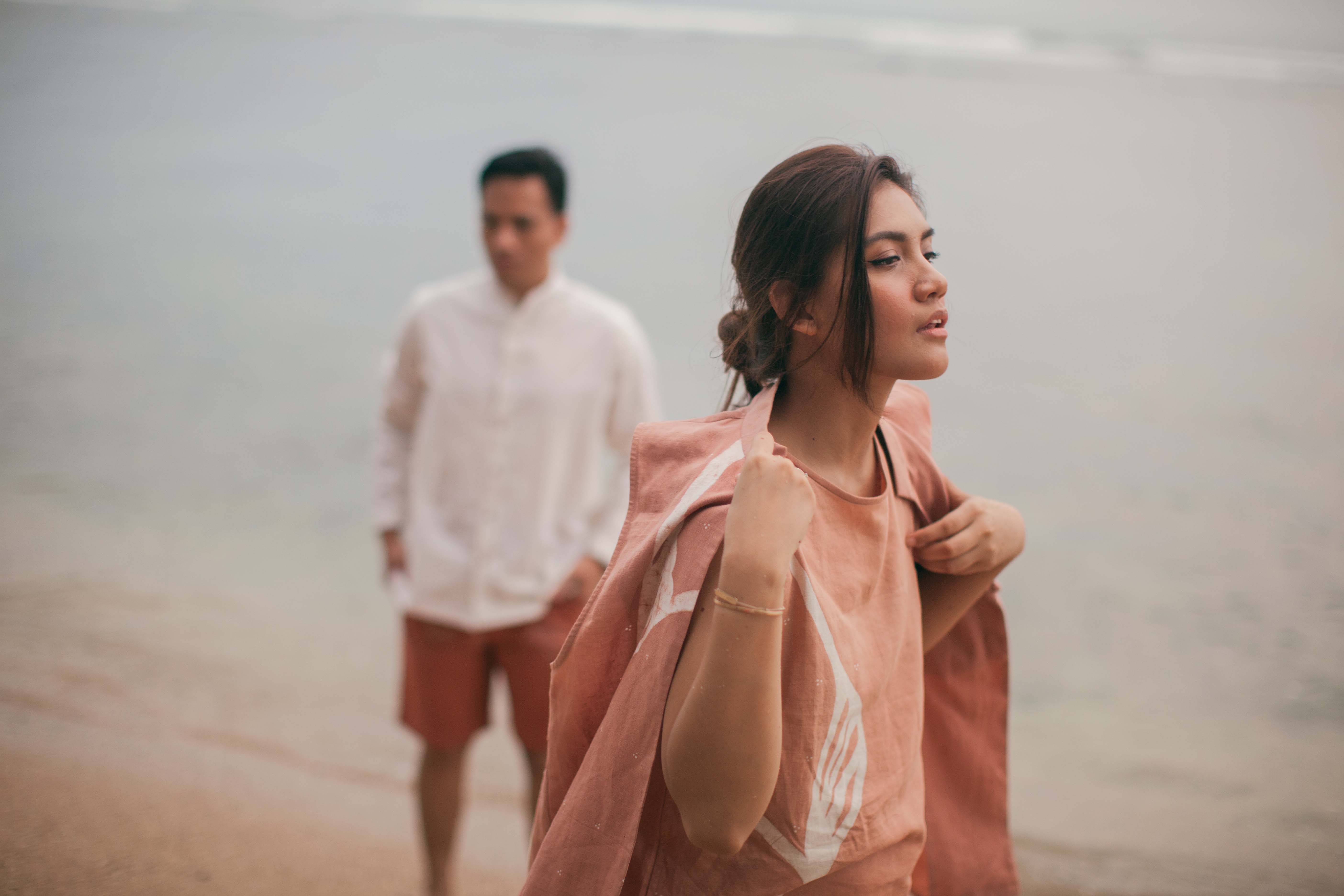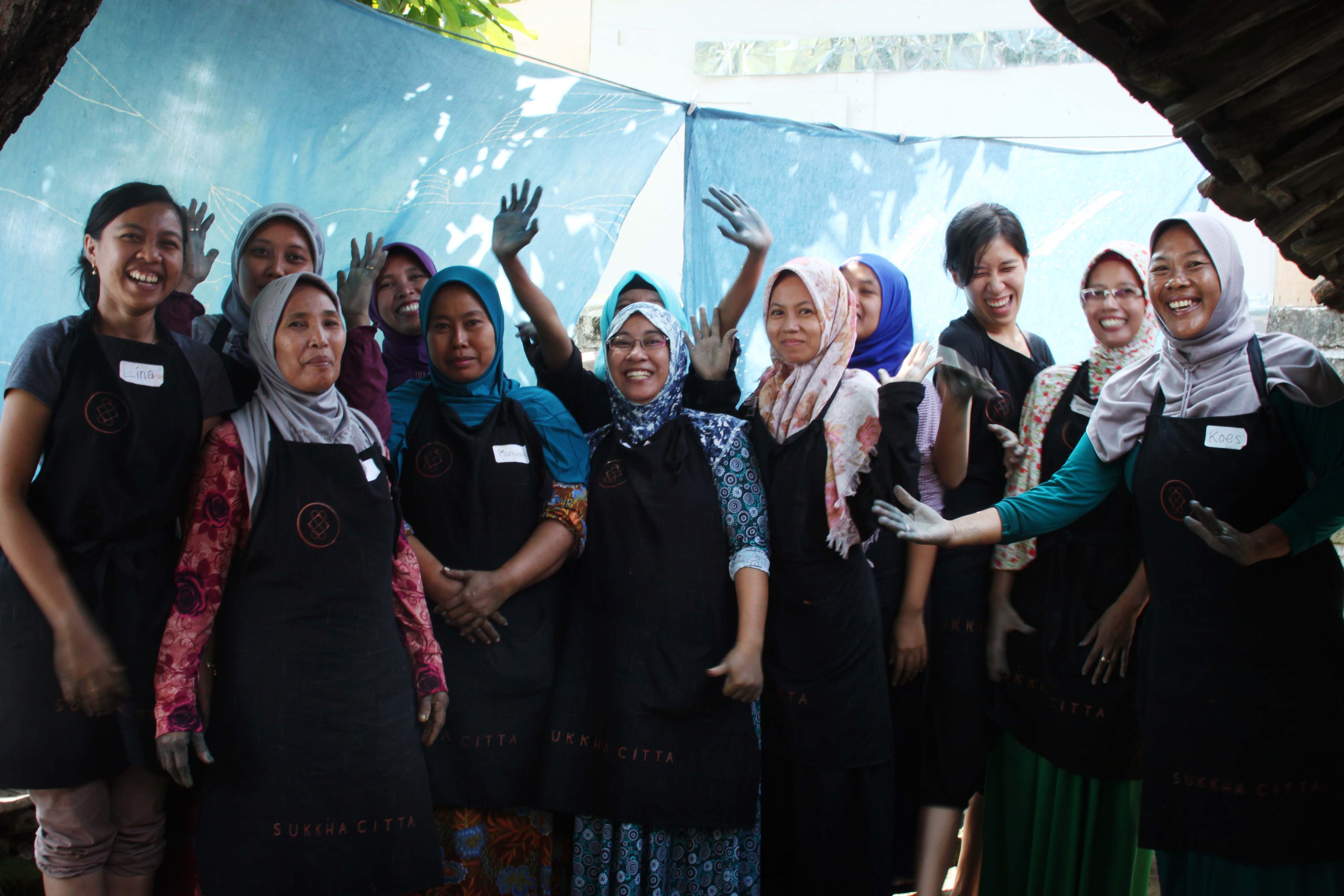SukkhaCitta
Turning fashion into a powerhouse for sustainable development

SukkhaCitta provides craftswomen with training in business skills, design and natural dyeing, and then makes their products available to customers around the world through their online boutique. They guarantee the origin, ethical practices and sustainability with the #MadeRight transparency standard.
Through proven regenerative practices they restore soil health and sequester CO2 from the atmosphere. The main drivers for customers to purchase SukkhaCitta products are the design and fabric quality.
Eco-Inclusive Impacts
SukkhaCitta provides access to artisans (80% women) to earn a living wage and sustain their culture. They work with smallholder farmers to grow and process their own regenerative cotton and dyes.
- Helping 1,000 artisans earn a living wage and sustain their culture, over 80% are women
- Empowering women to deliver economic impact and improving community health and education
- Switching to 100% traceable natural dyes and upcycling 100% of the waste fabric has prevented over 1mil. lt of toxic waste water
- Avoiding 21 tonnes of CO2 and 6,000 polyplastic bags
- Working with small-holder farmers to adopt regenerative agriculture in an area of 6ha (2021)
- Working with 382 craftswomen and farmers - touching 1,432+ lives in rural Indonesia
- Increasing incomes of craftswomen by 60% and 100% for smallholder farmers in regenerative cotton farming
- Operating 4 craft schools that offer training for and upskilling of artisans


Partners
SukkhaCitta empowers craftswomen and smallholder farmers to fight climate change by turning fashion into a powerhouse for sustainable development. Through education and fair market access, they enable marginalised women in rural Indonesia to make sustainable clothes.
Kopernik is an NGO focused on alleviating poverty. They support the capacity building efforts in East Java by funding in women communities.
The German Embassy Jakarta provides funding to build their second textile craft school. They occasionally collaborate for projects like crafting gifts for the embassy's diplomatic guests.



